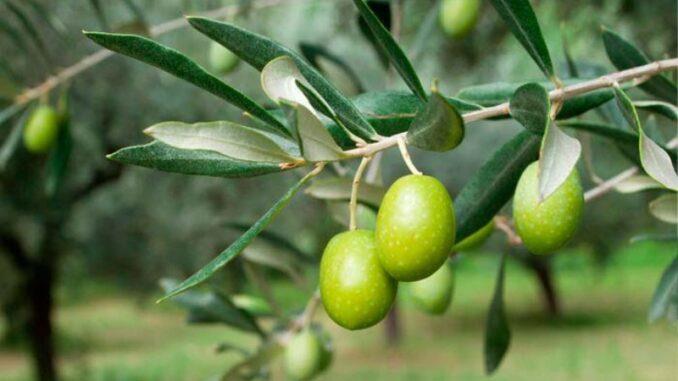
Rising Prices Impact Greece's Olive Oil Producers
The extreme heatwaves linked to climate change that have swept across the Mediterranean Sea region lately have taken a toll on olive oil production and have pushed the price of this daily staple - called“liquid gold” by ancient Greek poet Homer - to heights not seen in years.
Adding insult to injury are the thieves, who growers and market experts said enter the groves without permission and harvest the olive without the owner's knowledge or consent.
In September, the price of olive oil in Greece's supermarkets was on average 29 percent higher than in the same month last year, the Hellenic Statistical Authority (ELSTAT) said. Extra virgin olive oil is retailing at an average of 15 euros (16.05 U.S. dollars) per kilogram.
“Producer prices, which two years ago were at around 3.5 euros per kilo, at the beginning of 2023 climbed to 4-4.5 euros. Today, at the end of the olive growing season, they have reached 8-8.5 euros,” George Oikonomou, general director of the Association of Greek Olive Oil Standardization Industries (SEVITEL), said.
SEVITEL represents companies that standardize, distribute and export about 85 percent of Greece's olive oil production.
“Greece is the world's third largest olive oil producer after Spain and Italy. However, we are first worldwide in terms of per capita consumption,” Oikonomou said.
Greeks consume about 10 kilograms of olive oil per capita per year. The consumption figures are one kilogram in the U.S. and only a few grams in China, he added.
Normally,“we produce more than what is required for domestic consumption. Depending on the harvest, we often sell our oil in Italy or Spain,” he said.
Olives and olive oil have been part of Greek culture since ancient times, Dimitrios Levantes, an olive oil producer and president of the Agricultural Cooperative of Keratea, a town in East Attica, told Xinhua standing next to an olive tree, which scientists of the National Technical University of Athens estimated to be over 2,000 years old.
“This olive tree is a sample of the history of our land, given that this was one of the ten municipalities of ancient Athens whose history is intertwined with the olive tree,” he said.
That ancient tree inside a private grove still produces olives and is a popular tourist attraction.
With its 400,000-odd olive trees, Keratea accounts for around half of Attica's oil production, Levantes added.
“The price depends mainly on the volumes produced. This year the price has doubled, but for us this is not good news, as it deters the buyers,” he said.
“Since nature always finds the balance, we are optimistic that in the coming years we will have good production and the prices will recede,” he added.
Producers in Keratea are growing many varieties and are constantly replacing old trees with new ones, Zoi Ioannidou, an agricultural consultant, told Xinhua. However, they also have to cope with irrigation problems exacerbated by climate change, she said.
Ioannidou and her colleagues are tasked with devising solutions to address these challenges.
“The goal is to maintain quality and to achieve a balance in quantities,” she said.
“One measure that could have an immediate effect would be the reduction or abolishment of value-added tax (VAT) on olive oil, which currently stands at 13 percent,” Oikonomou said.
Meanwhile, theft of olives and olive oil has become rampant in recent months. A few weeks ago, approximately 50 tonnes of olive oil valued at half a million euros were stolen from a warehouse of an agricultural cooperative on the Halkidiki peninsula in northern Greece. Thefts of smaller quantities of olives or olive oil have also been reported across Greece.
In Keratea, like in other regions, producers have hired private security, Levantes said. (1 euro = 1.07 U.S. dollar) ■
Author
Legal Disclaimer:
MENAFN provides the
information “as is” without warranty of any kind. We do not accept
any responsibility or liability for the accuracy, content, images,
videos, licenses, completeness, legality, or reliability of the information
contained in this article. If you have any complaints or copyright
issues related to this article, kindly contact the provider above.


















Comments
No comment